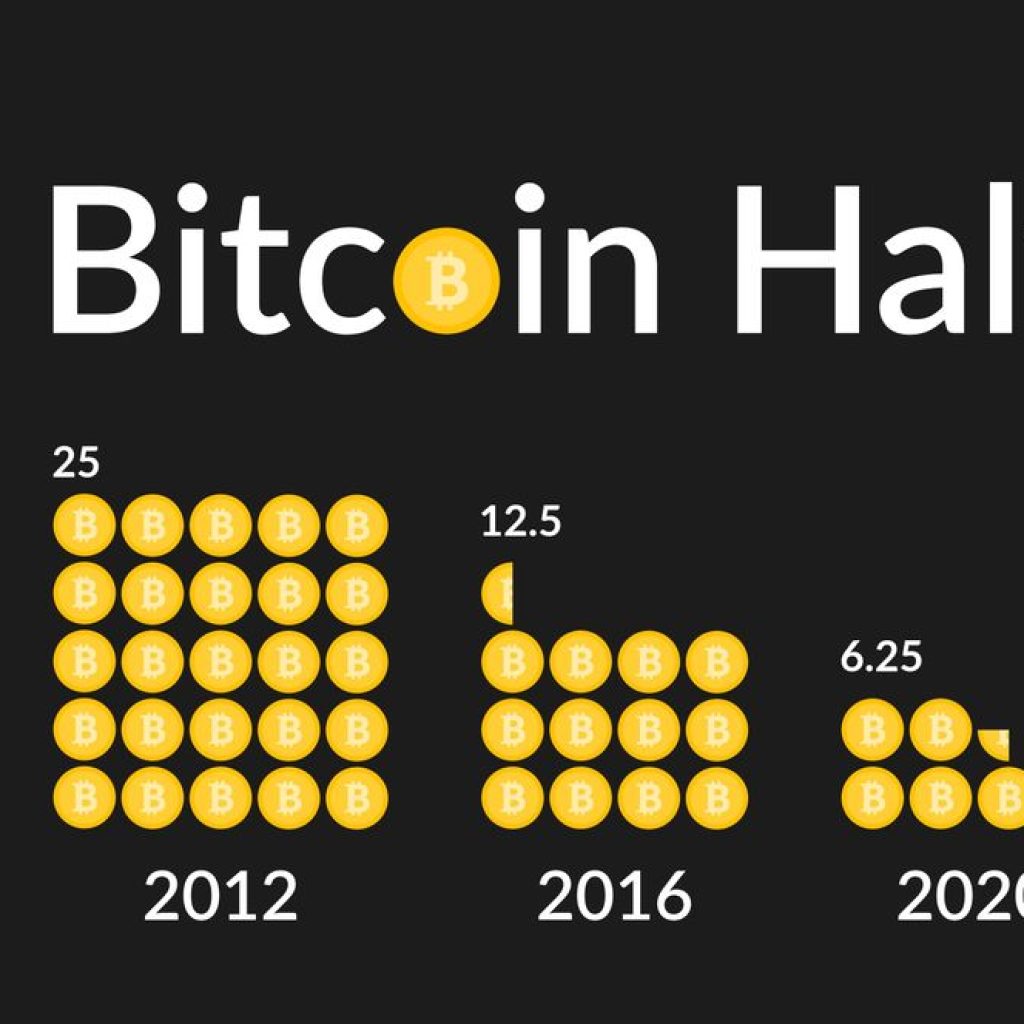El Salvador’s venture into Bitcoin has taken a turn, showing a huge rise in the value of its Bitcoin reserves. The Central American nation, under the leadership of the remarkable Nayib Bukele, has seen its Bitcoin holdings soar in value, crossing $160 million. Monitoring resources like BitcoinTreasuries highlight that El Salvador’s investment in Bitcoin is now valued at an astonishing $50 million above its initial investment. And I just wanna say: who’s laughing now?
El Salvador made headlines in 2022 by adopting Bitcoin as legal tender. The decision to integrate Bitcoin into the national economy was met with skepticism but has since changed into a narrative of unexpected success. Since Bukele’s directive to purchase one Bitcoin daily, El Salvador’s treasury has accumulated approximately 2,380 Bitcoins, valued at about $158.5 million. The surge in Bitcoin’s value, reaching a new all-time high on March 5, propelled the country’s holdings to $164.7 million, which is a 53% increase over the total investment cost. Each Bitcoin was acquired at an average price of $44,300.
Nayib Bukele, fresh from his reelection in February, has been vocal about the mainstream media’s portrayal of El Salvador’s Bitcoin strategy. He pointed out the contrast in media coverage, noting the silence from critics and analysts as El Salvador’s Bitcoin turned profitable. Bukele’s criticism reflects his disdain for the negative press surrounding the initial losses when Bitcoin prices were low. Despite the fluctuations, El Salvador’s main Bitcoin source remains its citizenship program, with Bukele affirming the country’s stance on not selling its Bitcoin assets.
El Salvador’s adoption of a “Bitcoin standard” sets it apart from other nations, establishing it as a leader in national cryptocurrency adoption. While rumors of other countries considering a similar path have circulated, El Salvador remains the only nation-state to officially integrate Bitcoin into its economy. This unique position has garnered attention from cryptocurrency advocates and industry leaders, including Samson Mow of Jan3, who predicts an increase in nation-state adoption of Bitcoin.
Meanwhile, El Salvador recently conducted presidential and congressional elections, securing Bukele’s position as one of the most popular leaders in the nation’s history. Despite being dubbed the “Coolest Dictator,” Bukele’s initial election campaign faced challenges due to his diverse religious and ethnic background. The country, with a significant portion of its population adhering to Roman Catholic and evangelical Christian beliefs, showed apprehension towards Bukele’s multi-faith family heritage. Nevertheless, Bukele has skillfully navigated these concerns, opting to focus on his political agenda rather than publicizing his personal religious beliefs.
A cornerstone of Bukele’s administration has been the aggressive campaign against gang-related corruption, leading to the arrest of over 75,000 suspected gang members without trial. This approach, facilitated by a congressionally approved state of emergency, reflects Bukele’s commitment to eradicating gang influence in El Salvador. The “New Ideas” political ideology, brought on by Bukele, has been instrumental in propelling the nation towards significant reforms and initiatives aimed at improving security and governance.





